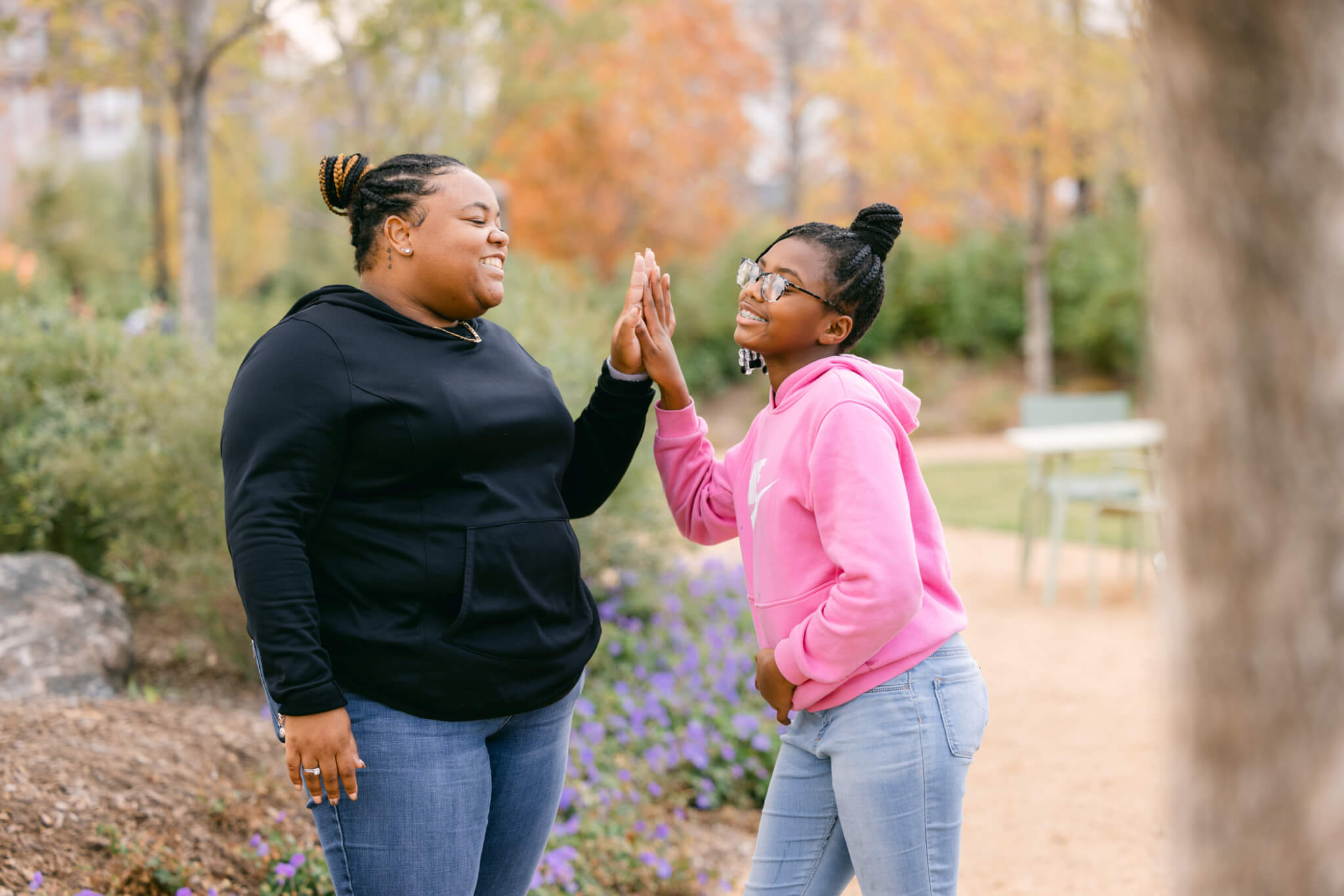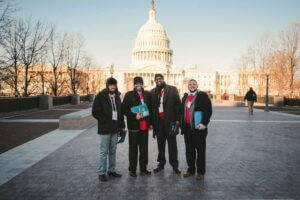Federal Government Funding Cut for Youth Mentoring
We are disappointed by Congress’ recent decision to cut $3 Million in federal funding from the Youth Mentoring Program grant in FY24. The Youth Mentoring Program grant funds some of the most effective mentoring programs across the country, serving youth through evidence-backed models of prevention and intervention in various settings. Over the years, this investment has served millions of young people and recruited hundreds of thousands of new mentors.
It also funds the National Mentoring Resource Center (NMRC), an online research and practice hub for mentoring programs focused on quality improvement and capacity building. The NMRC provides free training and technical assistance to any program that requests it and has achieved over 95% client satisfaction.
Relationships with supportive adults are considered a key developmental asset, and mentoring programs, by definition, are focused on connecting youth to not only individual relationships, but deep engagement with program staff and other participants. The need for connection and positive role models has never been greater, yet 40% of today’s young people say they never had a mentor, and almost 70% say there were times growing up when they wanted a mentor but could not find one.
This reduction in funding to the only youth mentoring-specific line item in the entire federal budget also undermines efforts to combat the youth mental health crisis gripping our nation since the COVID-19 pandemic. Mentoring programs can help youth cope with depressive symptoms and has been associated with positive wellbeing in adulthood. Mentoring supports young people, especially opportunity youth, in a variety of different ways:
- Access to caring adult mentors is a protective factor for young people, lowering incidents of drug use and other harmful behaviors.
- Quality mentoring services can help address the trauma that youth have faced – including those who lost a caregiver.
- Effective mentoring can help young people heal and can assist youth who have engaged in or are at risk of being offenders of violence by providing them with role models who support positive, prosocial behavior.
By connecting young people with caring and supportive mentors, we can help them navigate through difficult times, build resilience, and develop the necessary skills to thrive in the face of adversity. That’s why Congress must increase funding for youth mentoring in FY25, which is essential for the health and future success of our young people.
Join us in our response to this cut in funding:


